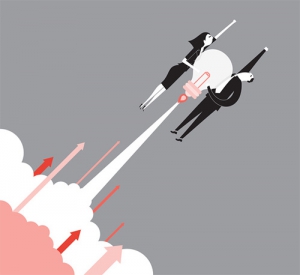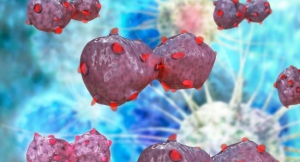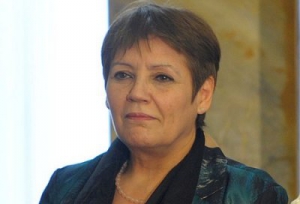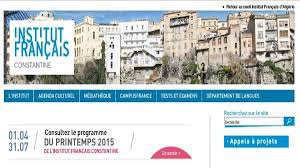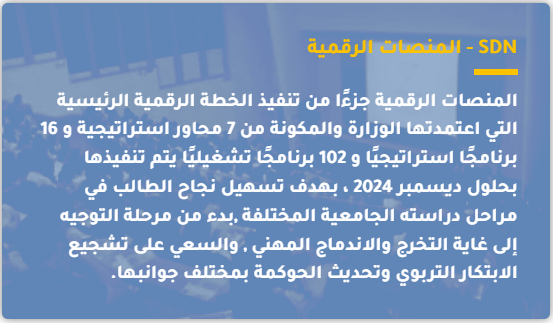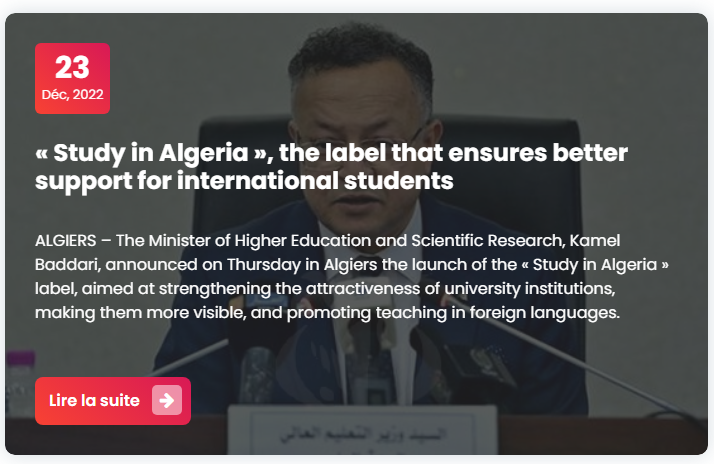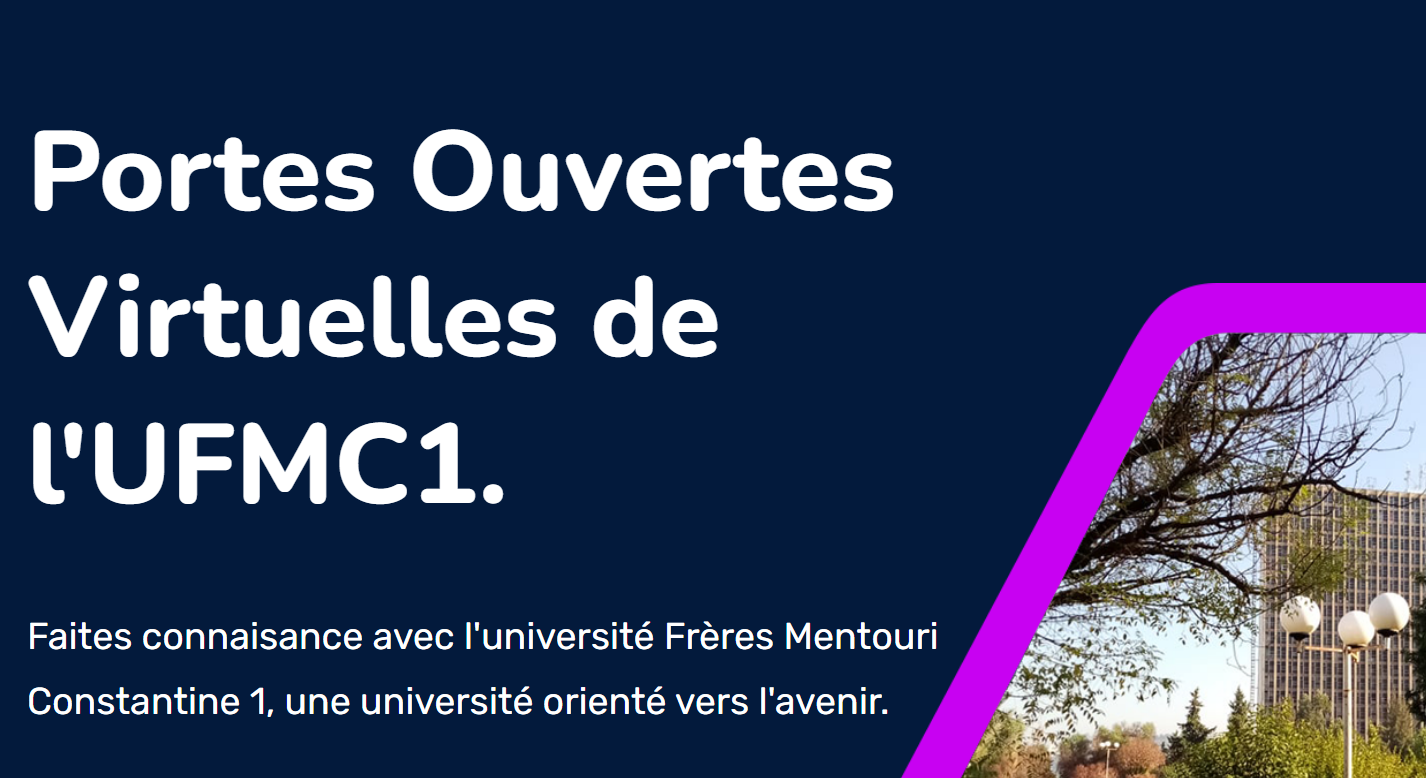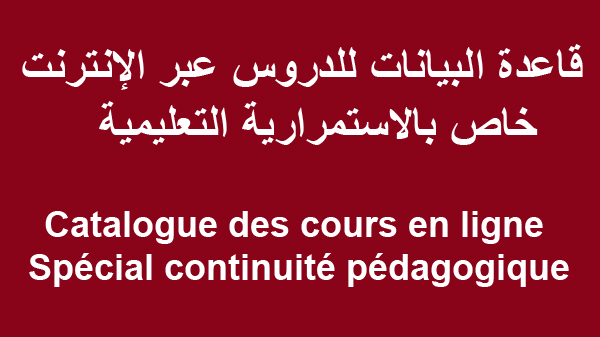Stewards of China's future
During the past two decades, Chinese science has undergone profound growth. China's investment in research and development surpassed that of the European Union in 2013, and it is predicted to overtake that of the United States by the end of the decade (see Nature http://doi.org/w5r; 2014).The proportion of published scientific papers that include Chinese co-authors has jumped from 2.4% in 1997 to 19% in 2014 — second only to the US contribution last year of 25%.
Those statistics are impressive. But if China is to become a true scientific superpower, it must be able to produce great scientists who are not just knowledgeable but also creative and skilled in innovation. And great scientists need great mentors to lead the way.
In recognition of the vision, dedication and hard work of those charged with nurturing the next generation of Chinese researchers, this year's Nature Awards for Mentoring in Science honour five researchers in China. The winners, feted in an 8 December ceremony, were chosen by panels composed of Chinese scientists and Springer Nature editorial representatives (see go.nature.com/hdi5k7). Submissions included statements from five people who had been mentored by the nominee and statements from the nominees reflecting their own thoughts on mentoring.

Right: Yale Univ.
Immunologist Xuetao Cao (left) and plant scientist Xingwang Deng (right) shared the 2015 Nature award for lifetime achievement in mentoring in northern China.
Owing to China's size, submissions were divided into 'north' and 'south', with awards for lifetime and mid-career achievement in each. The 50,000-yuan (US$7,815) lifetime-achievement award for northern China was shared between immunologist Xuetao Cao, who is president of the Chinese Academy of Medical Sciences, and plant scientist Xingwang Deng, dean of the School of Advanced Agricultural Sciences at Peking University. The winner for southern China is Hongyuan Chen, an electroanalytical chemist and director of the Institute of Chemical Biology at Nanjing University.
In the mid-career category, the 50,000-yuan awards for northern and southern China went, respectively, to Yigong Shi, a structural biologist and dean of life sciences at Tsinghua University in Beijing, and Hongbing Shu, an immunologist at Wuhan University.
Challenge to convention
Like many Asian nations, China is often seen as a place of rigid hierarchies rooted in deference to power. One trait shared by all the winners, and indeed by all those nominated, is an understanding that the only authority in science is evidence — and that conventional wisdom must always be open to question.
Shi, who was named a chair professor of molecular biology at Princeton University in New Jersey before he returned to China in 2008, thinks that most Chinese students are too wary of contradicting senior researchers and accepted scientific ideas. “I encourage my students to think critically and to challenge the authorities, including myself, so that they can learn that established rules can be broken, and with that, new fields of research can be built,” he says.

Structural biologist Yigong Shi won the mid-career award for northern China.
Cao agrees. “We should inspire students to have confidence to challenge the dogma in the textbook and address fundamental questions in science,” he says.
The lesson is not lost on the winners' protégés. “The scientific literature is a baffling mass of conflicting ideas and results, accepted wisdom and false assumptions,” notes Weilin Chen, a cancer immunologist at Zhejiang University and one of Cao's former PhD students at the Second Military Medical University in Shanghai. “Professor Cao often said that creativity comes from different directions with different views,” she says. “And he treats everyone, regardless of whether they are a PhD student or a visiting scholar, with the same high regard.”
In the past, most Chinese labs were indeed quite rigid, with a single senior professor directing junior professors, postdocs and students along strictly hierarchical lines. With the rapid expansion of research institutes, however — fuelled by a large influx of researchers returning from overseas — the structure of many labs has begun to follow a less-hierarchical model, with many independent principal investigators all pursuing their own agendas and research directions.
A teacher's philosophy

Electroanalytical chemist Hongyuan Chen won the lifetime-achievement award for southern China.
The mentors honoured by Nature have recognized the importance of instilling young researchers with the self-confidence that they need to establish their own intellectual identity and to make their own way in the world. “In my opinion, simply imparting knowledge is not enough,” says Hongyuan Chen. “A mentor should teach students the way of thinking. In the area of science, I guide my students to think in a scientific way, and give them the opportunity to solve problems independently.”
He thinks that a good mentor must have a keen sense of when a student requires guidance and when he or she needs freedom. “For students who are just starting out, we need to give them more-detailed instructions to let them get used to research gradually,” he says. “And for those who have a solid knowledge base, strong independence and creativity, I let them think and practise in their own ways.”
Jingjuan Xu, a former PhD student of Hongyuan Chen's and now an analytical chemist at Nanjing University, says that Chen provided an open environment that fostered imagination and creativity. “He encouraged us to read philosophy and literature, and think from different aspects,” recalls the chemist. “He said that every student is an independent, thinking being; a good mentor should nurture them to become 'horses' rather than 'sheep'.”
Good mentors also recognize that it is not enough to produce successful scientists — it is just as important to teach others how to be effective, inspiring leaders themselves. Lei Li, a postdoc of Deng's at Yale University in New Haven, Connecticut, and now a professor in the School of Life Sciences at Peking University, recounts her own training in Deng's lab. “As I became more senior in the lab, Professor Deng started to ask me to help others in their lab techniques and in reading their manuscripts, which I soon realized was part of a system,” she says. “When he discovered performance issues, he never just criticized; he took time to find the root of the problem. And in several instances, he delegated me to do the pep talk.”
The testimonials for the award winners all strongly reflect the scientists' unwavering dedication to the success of their protégés. But one story in particular stands out.

Immunobiologist Hongbing Shu won the mid-career award for southern China.
In 2005, immunologist Bo Zhong, now at Wuhan University, applied to do a PhD in Hongbing Shu's lab after graduating with a major in English. “I was determined to study biology after graduation because I was interested in nature,” says Zhong. At Wuhan, “Dr Shu had recently been appointed as dean of life sciences, and his group [at the National Jewish Medical and Research Center in Denver, Colorado] had just published a milestone discovery in Molecular Cell. Every student with ambition wanted to join his lab — and so did I”.
Never give up
Zhong knew that it wouldn't be easy. “I had to admit that my background was much weaker than those who majored in biology,” he says. “I downloaded all his publications but found that I could hardly understand them. I knocked on the door to his office, and asked many naive questions. He patiently explained the details, recommended more publications to me and encouraged me to ask him if I had any difficulty in understanding the studies. Following his instructions, I read more papers, and wrote a five-page summary about pattern recognition and signalling, and asked whether I could join his lab. To my surprise, he agreed.”
Shu admits that he was unsure about Zhong's potential at first, but after seeing his determination, Shu felt that Zhong deserved a chance to show what he could do. He doesn't regret the decision. “After I was convinced of his ambition and drive for a scientific career, I took him without hesitation. He has so far proved himself as one of the most successful students trained in my lab.” After taking him on, Shu asked Zhong to turn the summary that he had written into a full review paper, which became the first publication to come out of the newly formed lab.
" We should inspire students to have confidence to challenge the dogma in the textbook. "
Shu thinks that patience and perseverance are among the most important traits of good mentorship, something he learnt from one of his own mentors: his PhD supervisor, Harish Joshi, a cell biologist at Emory University in Atlanta, Georgia. “I have always remembered what he told me when I was in his lab. 'Do not fire them; fire them up!',” Shu recalls. “In my 17- years' mentoring life, I have never given up on any one of my students.”
A well-known Chinese saying goes, “If someone is your teacher for just one day, you should regard that person as your parent for the rest of your life.” The influence that great mentors have does indeed live long — and not just in their students, but in their students' students. “When I started my own lab in 2012, I often asked myself what Yigong would do,” says Liang Feng, a structural biologist at Stanford University in California and a former PhD student of Shi's. “I kept all e-mail communications Yigong sent to me or to the lab, and often went back to read them. They are like a 'how-to' guide for running a lab. For me and many others, Yigong was not only a great mentor and a role model, but also a relentless supporter and a lifelong friend.”
The word used to describe the most revered teachers, shifu — a portmanteau of the words for teacher, laoshi, and father, fuqin — echoes the deep connection that forms between exceptional mentors and their protégés. None of the scientists who nominated their mentors for an award takes this filial bond for granted. In the words of Hongyuan Chen's protégé Jing-juan Xu, “I think that 'father' is really too high a standard to expect from a teacher. But we are the lucky children, because Professor Chen treated us like his own kids.”
Cancer : l’immunothérapie gagne du terrain
Bonne nouvelle sur le front du cancer. Un traitement d’immunothérapie s’avère très efficace dans la prise en charge des cancers de la tête et du cou. A tel point qu’un essai thérapeutique a dû être interrompu afin d’offrir à davantage de patients cette alternative thérapeutique.
Le nivolumab, un anticorps qui reconnaît la protéine PD-1 permet d’allonger la survie des patients atteints de cancer de la tête et du cou métastatique et réfractaires aux traitements classiques. Ce sont les conclusions d’un comité de surveillance indépendant qui a d’ailleurs recommandé l’arrêt de l’essai clinique de phase III en cours. Objectif, administrer à tous les patients de l’essai le nivolumab et accélérer les procédures réglementaires afin d’obtenir une autorisation de mise sur le marché.
Le nivolumab agit en bloquant la protéine PD-1, présente à la surface des cellules immunitaires, l’empêchant ainsi de se lier à la protéine PD-L1, qui elle se trouve sur les cellules tumorales. La liaison entre PD-1 et PD-L1 a pour conséquence d’inactiver la cellule immunitaire qui aurait normalement dû reconnaitre et attaquer la cellule tumorale. Cette approche d’immunothérapie permet ainsi de remobiliser le système immunitaire du patient.
Depuis plusieurs années, cette approche a obtenu des résultats très prometteurs dans plusieurs cancers. Différents essais cliniques ont ainsi permis d’obtenir des réponses durables de 20% des patients chez lesquels les traitements classiques restaient inefficaces. En Europe, le nivolumab est pour l’instant indiqué dans le traitement de mélanomes et de cancers du poumon. Il l’est aussi dans la prise en charge des tumeurs rénales aux Etats-Unis. La liste pourrait donc au cours des prochaines années s’allonger.
DestinationSante
yennayer célébré dans 280000 établissements scolaires
La ministre de l'Education nationale, Nouria Benghebrit, a indiqué hier à Oran que le Nouvel An berbère, Yennayer, a été célébré cette année dans sa dimension nationale dans les 28.000 établissements scolaires du pays, célébration inédite dans le système éducatif qui a coïncidé avec la nouvelle disposition constitutionnelle d'officialiser tamazight comme langue officielle.
S'exprimant à l'ouverture d'une journée
d'étude sur les «procédés de classement et de valorisation de la fête de Yennayer», elle a estimé que «de par son ampleur, la richesse de Yennayer dans ses expressions culturelles les plus diverses et ses manifestations festives les plus authentiques est un événement à saisir à plusieurs niveaux, prioritairement dans sa dimension éducative la plus imaginative, celle qui consiste à allier avec pertinence l'intelligence d'une tradition sociale et culturelle typiquement locale et ses valorisations et réinvestissements dans le cadre du développement économique et social du pays».
La ministre a ajouté que le système éducatif national est «de plus en plus interpellé», dans les conditions géopolitiques régionales et internationales actuelles, sur la conception actualisée d'un cadre général intellectuel de gouvernance, dans ses volets pédagogiques et administratifs, inhérent à un enjeu structurant à caractère sociétal, en l'occurrence la dimension nationale dans l'Ecole algérienne. Dans ce cadre, a indiqué Mme Benghebrit, il s'agit de faire prendre conscience de l'appartenance à une identité collective commune et unique consacrée officiellement par la nationalité. Il s'agit également, a-t-elle ajouté, d'assurer la cohésion sociale de la nation, la revalorisation de l'histoire et des langues en tant que pièces maîtresses de la trame des appartenances et des solidarités traditionnelles plusieurs fois millénaires concrétisées dans un territoire.
Pour la ministre, «un enseignement intégré permettrait de sortir d'une perception éclatée de faits et d'asseoir la dimension nationale dans la représentation éducative en tant que totalité algérienne posée et pensée comme un tout, but et moyen à la fois, profondément ancré dans ses réalités historiques, culturelles et symboliques, œuvrant à la construction de modes de pensées basés sur la recherche et l'investigation, en vue de développer chez l'apprenant l'esprit critique et la capacité à rationaliser les expériences humaines».
Mme Benghebrit a ajouté que les activités que comporte le curriculum de l'élève et tout particulièrement les programmes disciplinaires spécifiques doivent assurer la formation d'une conscience citoyenne, une connaissance du patrimoine et la formation d'une conscience nationale basée sur le respect des composantes fondamentales: Islamité, Arabité et Amazighité, «des symboles représentant la Nation algérienne», a-t-elle souligné. Cette rencontre est organisée au Centre de recherche en anthropologie sociale et culturelle (Crasc) par le Haut Commissariat à l'amazighité (HCA), en collaboration avec le ministère de la Culture, le ministère de l'Education nationale et celui de l'Enseignement supérieur et de la Recherche scientifique.
Les rendez-vous à venir de Constantine
 |
|||||||
| Les rendez-vous à venir de Constantine | |||||||
|
|||||||
|
|||||||
|
|||||||
|
|||||||
|


